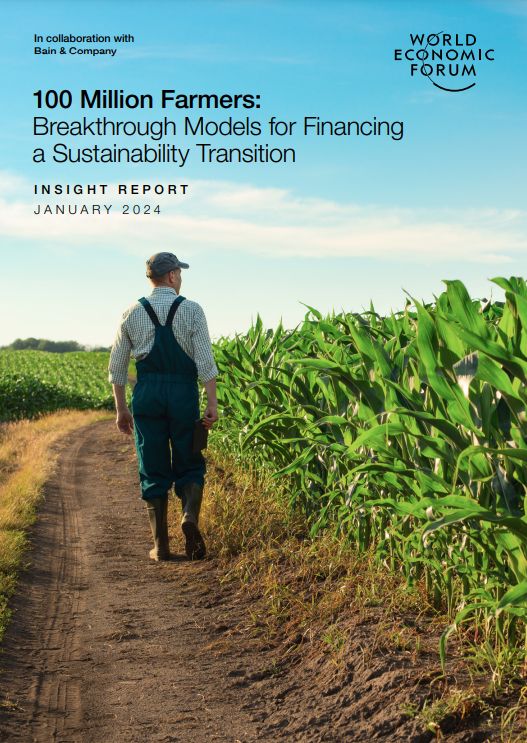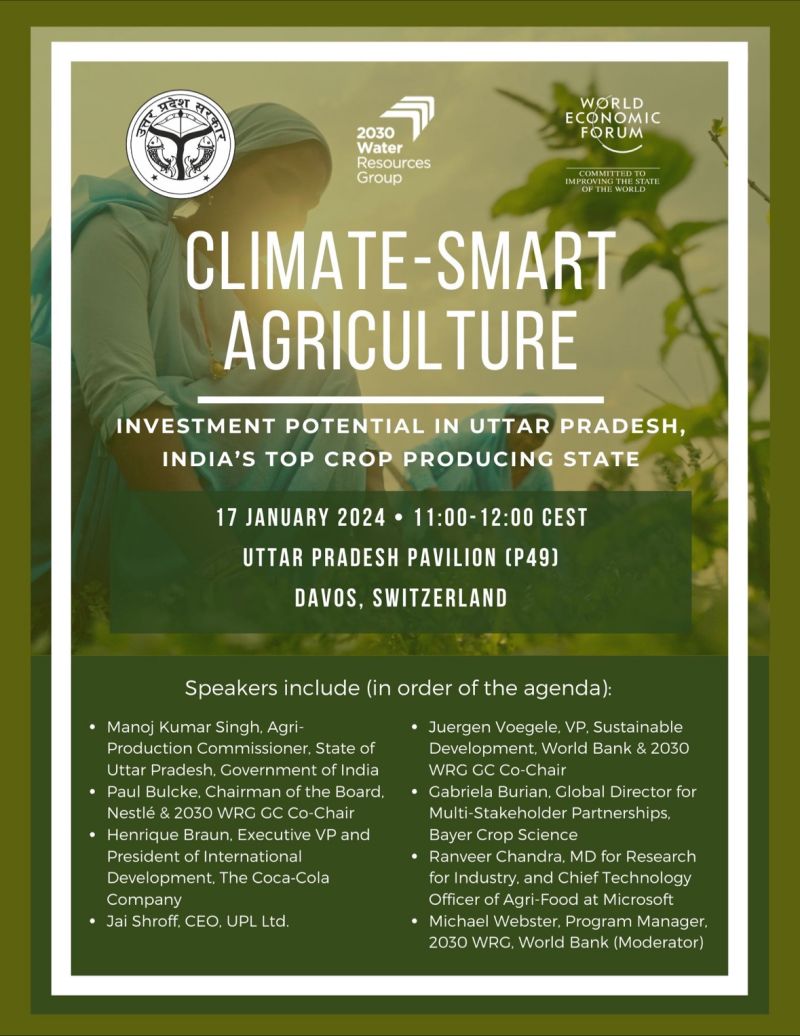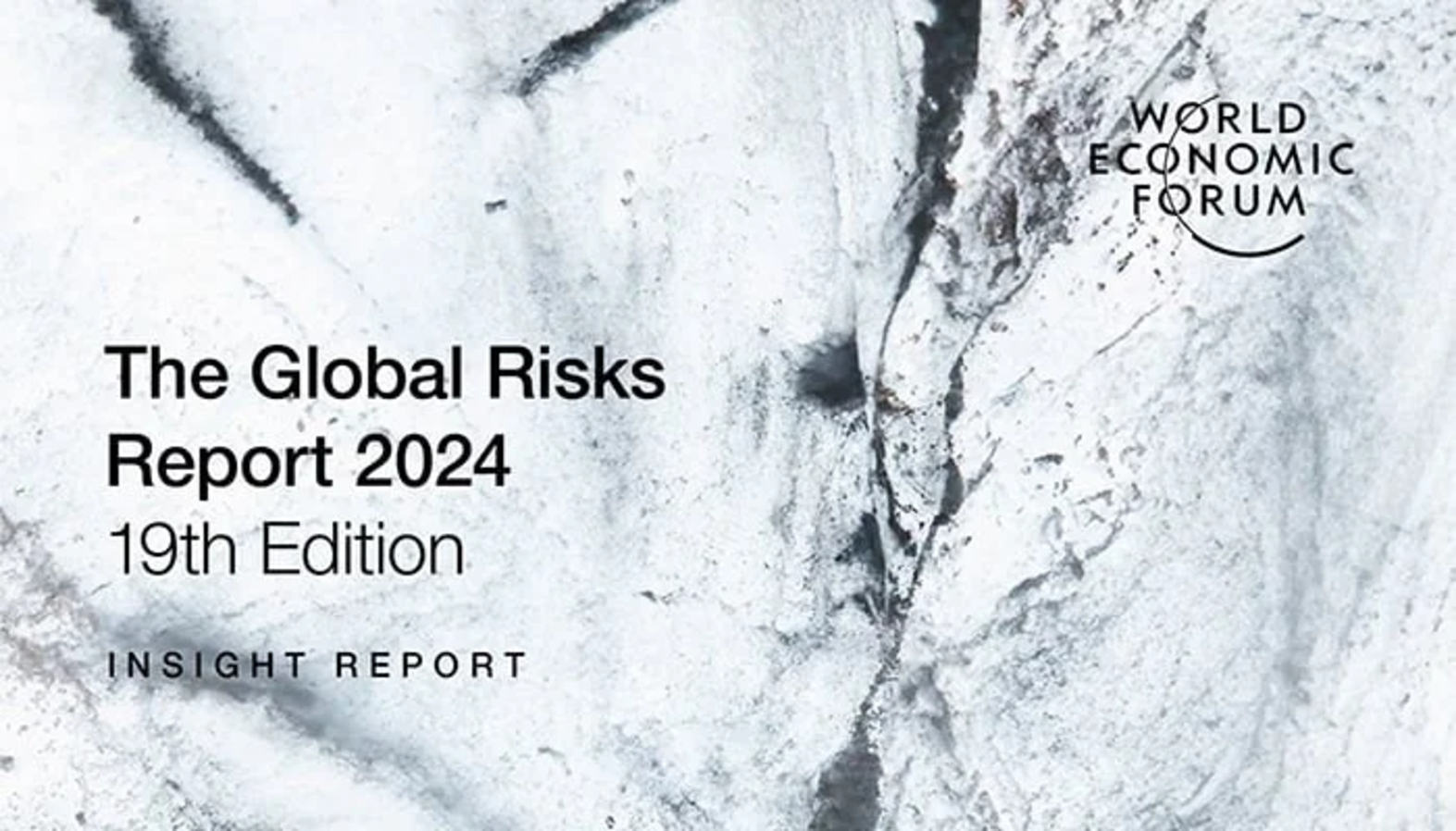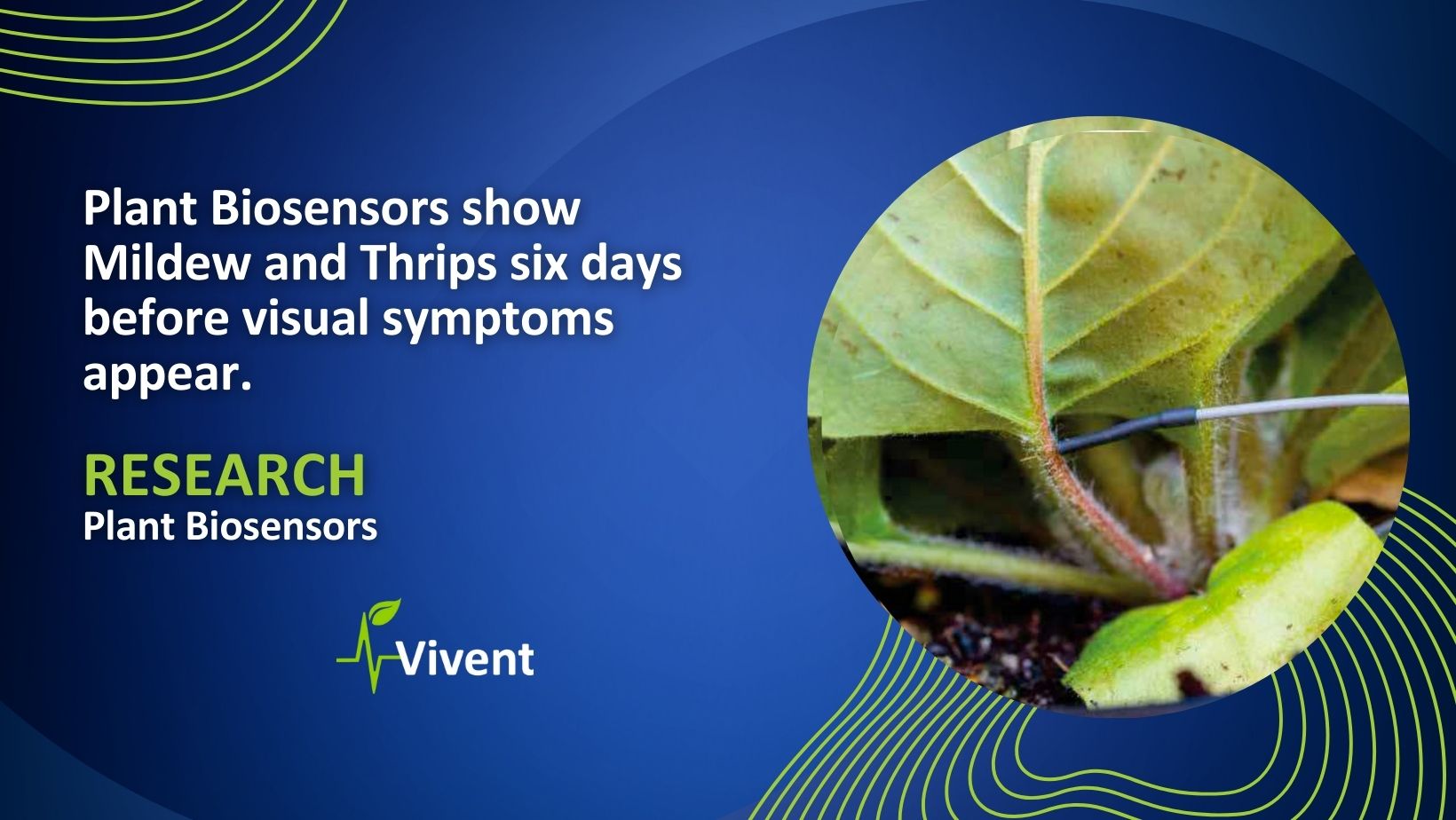Resources
WEF (2024) 100 Million Farmers: Breakthrough Models for Financing a Sustainability Transition #39 p.
- This new report by the 100 Million Farmers initiative outlines how to support and work alongside farmers, with a specific focus on speeding up the adoption of regenerative agriculture pathways.
- The model suggests de-risking transitions by aggregating capital from public and private sources to overcome initial financing costs, thus contributing to the key question of how we unlock resilience across the complexities of the food systems.
- This report describes a breakthrough model for financing and collaboration to support farmers and accelerate the transition to sustainable food production.
- Food production changes are urgently needed to meet global climate, water and nature goals. The required changes are increasingly well understood but progress is too slow. At the heart of the problem are the economic barriers individual farmers face, particularly in the early years of
transition. - Implementing the model will require much more blended financing, the full monetization of environmental outcomes, advanced financial capabilities, and unprecedented coordination between public and private actors inside and outside food value chains.
- The report highlights seven innovative farmer support programmes that feature some of these elements and concludes with five actions food system actors can take to drive a step-change in sustainable food production.
- WEF surveyed over 1,400 global risk experts, policymakers and industry leaders in September 2023 to gain insight into their biggest concerns, resulting in a predominantly negative outlook for the world in the short term and something that is expected to worsen over the long term.
After the hottest year since records began, two-thirds of respondents selected extreme weather (66%) as the top risk faced in 2024; indeed, extreme weather, critical change to Earth systems, biodiversity loss and ecosystem collapse, natural resource shortages and pollution were listed as five of the top ten most severe risks perceived to be faced over the next decade. - After the hottest year since records began, two-thirds of respondents selected extreme weather (66%) as the top risk faced in 2024; indeed, extreme weather, critical change to Earth systems, biodiversity loss and ecosystem collapse, natural resource shortages and pollution were listed as five of the top ten most severe risks perceived to be faced over the next decade.
Sessions on agriculture
Recording available
Our soils withdraw 70% of freshwater and grow 95% of the food we eat. They are a critical lever to transform how we produce food and tackle the trilemma of food access and affordability, nutrition and health as well as nature and climate. From capital stacks for watersheds linked to farming corridors to skills and capabilities in protecting and restoring soil health, how can breakthrough finance, knowledge models and community collaborations realize the value of soil?- Antony Blinken Secretary of State, US Department of State
- Svein Tore Holsether President and Chief Executive Officer, Yara International ASA
- Kashim Shettima Vice-President of Nigeria
- Cindy H. McCain Executive Director, United Nations World Food Programme (WFP)
- John Harris Founding Editor, Politico
- Ibrahim Thiaw Undersecretary-General of the United Nations; Executive Secretary, United Nations Convention to Combat Desertification (UNCCD)
- Agnes Kalibata President, AGRA: In May the AU will organise the soil health and fertilizer summit
16/01 Movers and shakers of food transformation
Recording below
AGRA hosted a special event at the SDG Tent at Davos 2024 on the movers and shakers of transformation and how sustainable business models are delivering on Africa’s climate agenda.
The AGRA-led session reflected on the business models, partnerships and investments that are delivering on the nexus of Africa’s food systems, climate action and job creation.
- Agnes Kalibata President, AGRA
- H.E. Wamkele Mene, Secretary-General, African Continental Free Trade Area Secretariat
- Ms. Ndidi Okonkwo Nwuneli - African Food Changemakers
See: 29 January - 2 February 2024. African Food Changemakers Agrifood Webinar Series - Laurence Haddad GAIN - Vegetable for all project in Kenya
- Yara International
- Bayer Foundation
- SNV
- Hon. Francis Gatare, Chief Executive Officer, Rwanda Development Board.
- Rt Hon. Tony Blair, Executive Chairman, Tony Blair Institute for Global Change,
Speaking ahead of the event, Dr. Agnes Kalibata, President, AGRA, emphasized the urgency of working with public and private sector actors to scale up innovative business models and partnerships that can solve the climate and food insecurity problem that we are currently facing. “Our strategic plan sets out to catalyse the growth of sustainable food systems in Africa by influencing and leveraging partners to build a robust enabling environment where the private sector thrives, and smallholders are empowered to produce sufficient and healthy food whilst building resilience and managing the effects of climate change, said Dr. Kalibata, adding, “We are also keen to tackle the systemic constraints in access to finance and market and trade institutions in order to build strong agri-food markets and trade at the domestic, regional and continental level.”
The SDG tent session was also be instrumental in identifying key priorities and actions ahead of the Africa Food Systems Summit (AGRF) taking place in Kigali, Rwanda, in September 2024.
17/01 Table of Tomorrow: Innovation for a sustainable food future
Recognizing the power of innovation, it explores how accountability mechanisms, guided by voluntary commitments, can ensure these investments yield impactful, socially desirable, and environmentally sustainable outcomes. The session explored the transformative potential of private sector innovation, paving the way for a sustainable food future.
- David Nabarro, Strategic Director, 4SD Foundation
- Dhanush Dinesh, Founder and Chief Climate Catalyst, Clim-Eat
- Leanne Zeppenfeldt, Collaboration and Learning Architect, Clim-Eat
- Rodrigo Santos, Bayer Crop Science
- Carrol Plummer, CEO and Co-Founder, Vivent Biosensor: Vivent has pioneered real-time plant analytics to increase yield and sustainable food production.
Harnessing biosignals to make agriculture more sustainable
Vivent Biosensors + Unique Analytical Approach = Fast Diagnosis of Crop Threat
Vivent, a Swiss based deep tech SME, applies expertise in communication networks and information theory to biological systems. Early on Vivent focused on working with plants and Vivent can now diagnose a wide range of crop stressors, including soil borne pathogens, using artificial intelligence.
Recording available
Under the African Free Trade Area, over 1.3 billion people are connected into a single market, unlocking novel opportunities for African and global businesses in critical industries. From advanced technology to healthcare, how can countries leverage the potential of frictionless African trade to become a major player in global supply chains?
- Wamkele Mene Secretary-General, African Continental Free Trade Area Secretariat
- Mary Vilakazi Chief Executive Officer-designate, FirstRand Ltd
- Kashim Shettima Vice-President of Nigeria, Office of the Vice-President of Nigeria
- Fifi Peters Senior Anchor, CNBC Africa
- Fernanda Lopes Larsen Executive Vice President for Africa and Asia, Yara International
Recording available
Forests represent a third of carbon sequestration potential to address the climate crisis and many local benefits if paired with steep emissions cuts from human sources. And blue carbon ecosystems, such as mangrove forests, seagrasses and salt marshes, store up to five times more carbon per acre than tropical rainforests. With such immense potential, what are the new science, corporate and government commitments to safeguard forests both in land and coastal ecosystems and protect local livelihoods?- Thomas Crowther Professor, Department of Environmental Systems Science, ETH Zurich
- Jane Goodall Founder, Jane Goodall Institute; United Nations Messenger of Peace
- Gill Einhorn Head of Innovation and Transformation, World Economic Forum Geneva
- Alfonso Escolar González Global Shaper, Bogota Hub
17/01 Climate and Nature: A Systemic Response Needed
Recording available
The year 2023 is the hottest on record - 1.48°C above the pre-industrial averages - propelling economies and societies into unprecedented and risky territory. Leaders are increasingly called upon to transform the current growth and development models to better steward the global commons and serve humanity. How can we enable a net-zero, nature-positive future that regenerates Earth’s finite resources and safeguards its peoples?
17/01 Davos 2024: Addressing the North-South Schism
Recording available
Global cooperation has been critical for the impressive expansion of well-being and opportunities in the past 70 years. Yet these gains are at risk from the uneven impacts of continuous shocks to trade, climate and health, and geopolitical flashpoints. How can North-South cooperation be recalibrated to deliver win-win solutions to our most pressing issues rather than exacerbating them?
- Paul Kagame President of Rwanda, Office of the President of Rwanda
- Mark Rutte Prime Minister of the Netherlands, Office of the Prime Minister of the Netherlands
- Ngozi Okonjo-Iweala Director-General, World Trade Organization (WTO)
- Gustavo Petro President of Colombia, Office of the President of Colombia
- Martin Wolf Associate Editor and Chief Economics Commentator, The Financial Times
- Bill Gates Co-Chair, Bill & Melinda Gates Foundation
17/01 17:30–18:15 CET Bold Steps for a Sustainable MENA
After decades of dependency on fossil fuels, major economies in the Middle East and North Africa are investing heavily in energy diversification with a focus on renewables and climate-friendly technologies18/01 8:00 - 8:30 CET New Private Sector Plan to Boost African Trade
- Wamkele Mene Secretary-General, African Continental Free Trade Area Secretariat
- Tarek Sultan Vice-Chairman of the Board, Agility
- Sultan Ahmed bin Sulayem Group Chairman and Chief Executive Officer, DP World Limited
- Paul Kagame President of Rwanda, Office of the President of Rwanda
- Nana Addo Dankwa Akufo-Addo President of the Republic of Ghana, Office of the President of Ghana
- Busi Mabuza Chairperson, Industrial Development Corporation of South Africa Ltd (IDC)
18/01 BRICS in Expansion
18/01 MENA's Economic Dilemma: Reforming amid Uncertainty
18/01 First Movers Coalition for Food
- more investment is needed to scale the production of low-carbon, nature-positive food commodities, such as beef cattle, dairy, rice, row crops, soy and palm oil.
18/01 Land Use: Managing the Trade-offs
- With growing and competing demands on land for food, feed, fuel and fibre, what are the practical approaches and incentives needed to rationalize the competing demands?
19/01 Rebuilding Trust in Science
with Bonginkosi Emmanuel "Blade" Nzimande Minister of Higher Education, Science and Innovation, Ministry of Higher Education, Science and Technology of South Africa
19/01 Impacts of Global Tipping Points on the Agricultural Sector
This session at the SDG Tent at Davos 2024 offered insights from the latest research projections, urging businesses to make science-based decisions for the future. The panelists considered how AI can support the development of solutions in this sector. An exciting ‘sneak-peek’ was given of on the new (Agri-risk) Agricultural risk analysis tool – which has been developed in collaboration between Arctic Basecamp and Deloitte.
- Moderated by Prof. Gail Whiteman, (Founder of Arctic Basecamp & Professor of Sustainability at University of Exeter) with Science Presenter Prof. Julienne Stroeve (Chief Science Officer at Arctic Basecamp & UCL Earth Sciences)
- Emeline Fellus, Director, Food & Agriculture and Member of the Extended Leadership Group, WBCSD – World Business Council for Sustainable Development
- Professor Stuart Brocklehurst, Deputy Vice-Chancellor for Business Engagement and Innovation, University of Exeter
- Professor Julienne Stroeve, Chief Science Officer at Arctic Basecamp and UCL Earth Sciences
- David Saddington FRGS, Deputy Head of International Forest Unit & Head of Sustainable Supply Chains





No comments:
Post a Comment